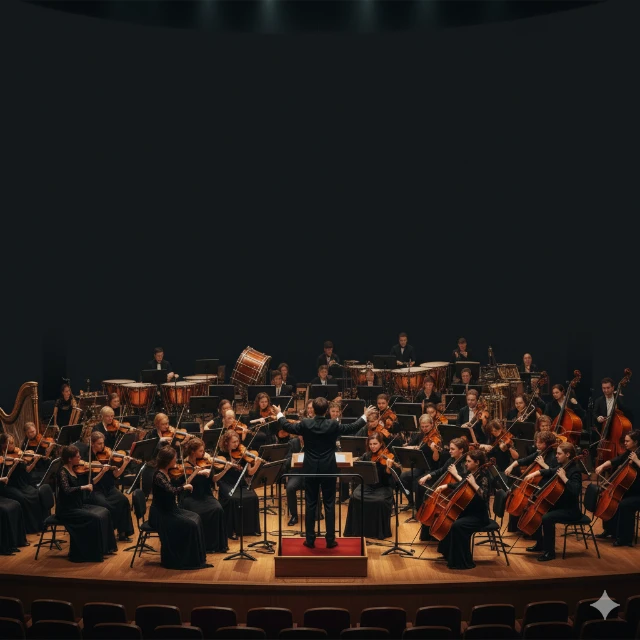
Dissonance Created by a Society That Only Amplifies Its Own Voice
An orchestra creates harmony only when each instrument knows when to play and when to listen. If everyone insists on playing louder than the others, music turns to noise. In today's world, this metaphor reflects the current state of democracy. In 2025, society is plagued by polarization. The loudest and most extreme voices dominate politics, media, and online spaces. Each group seeks to amplify its own voice rather than listen. The result is discord, not harmony. If this trend continues, democracy risks losing its true meaning. Instead of a system of cooperation and balance, it will become a battleground of noise where trust is eroded. The urgent question is: Can democracy still function like an orchestra, or is it already out of tune? 👍 Pros: Harmony is still possible Democracy, like the instruments in an orchestra, is designed to embrace diverse voices. If rules and timing are respected, diverse groups can find balance. There is. A democratic system that enables civic participation and deep, thoughtful discussion can serve as a conductor, guiding society toward cooperation. 👎 Disadvantages: Discord is already rampant. Political and media structures encourage extreme and provocative voices. Social media algorithms amplify conflict rather than dialogue. Without a culture of listening, democracy risks degenerating into a war of words. ⚖️ Core Conflicts Freedom vs. Responsibility: Freedom of expression is essential, but reckless speech erodes trust. Expression vs. Listening: Everyone speaks, but too few are willing to listen. Diversity vs. Division: Can diverse voices coexist, or does it inevitably divide society? 👉 This debate goes beyond mere metaphor. This book questions whether modern democracies still have the capacity to foster harmony, or are they crumbling into noise.
flo-mfw
Views 4 • (Edited)